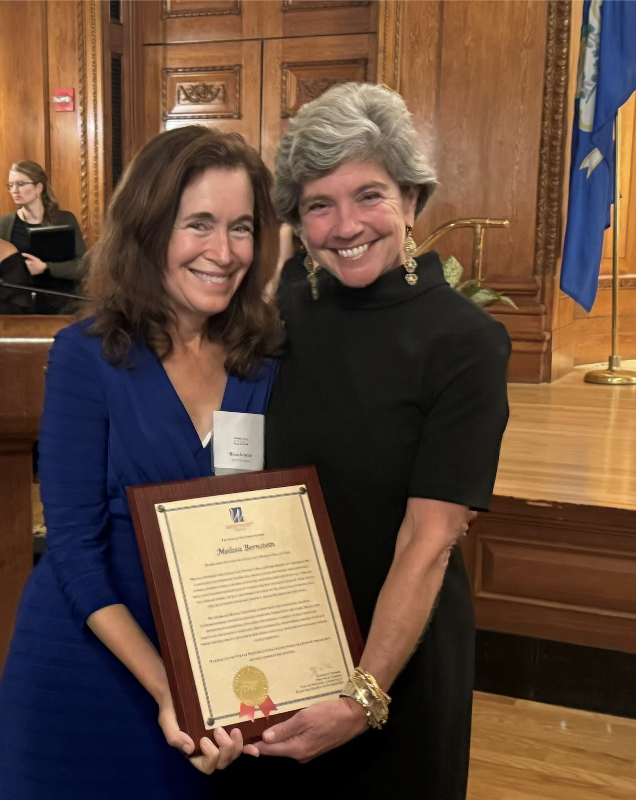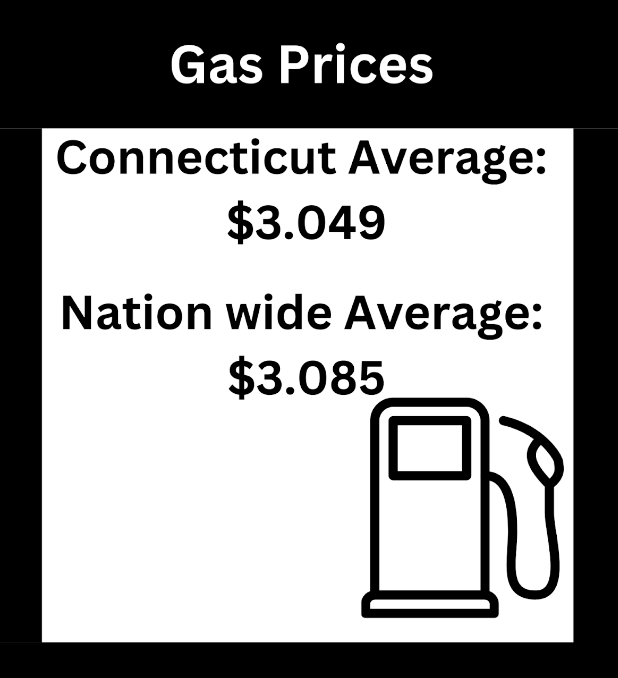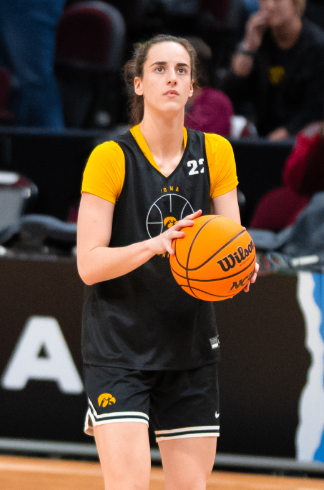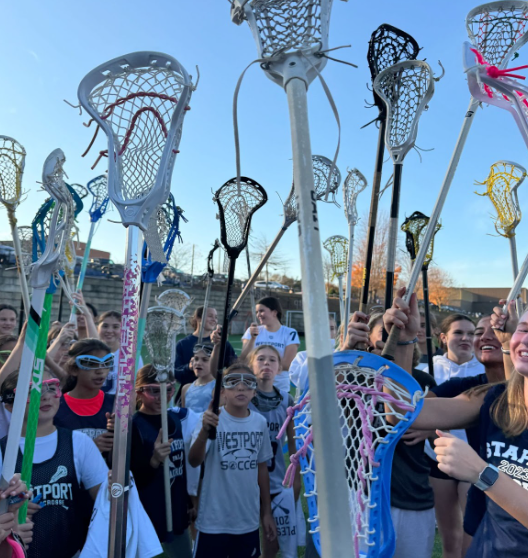By Farrel Levenson ’11
Opinions Editor
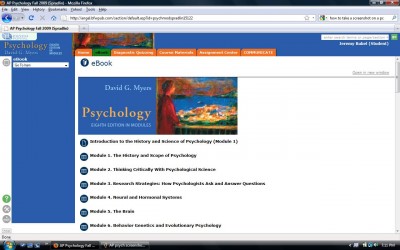
Classes at Staples always take place in the building, from English in room #2002 to Math in #3059. The vast majority of Staples students take all their academic classes on campus, that is, excluding Jeremy Rubel ’11. He has AP Calculus BC on the third floor, AP Economics on the second floor, and AP Psychology on his computer.
In addition to all his required classes, Rubel takes AP Psychology online, a class offered by John Hopkins which he found out about through his involvement with the Center for Talented Youth Johns Hopkins Programs.
Since Staples did not offer the course, Rubel had been looking into AP Psychology (Psych) courses offered elsewhere. “I thought that AP Psych would compliment the work that I’m doing on my science research project and give me good background knowledge,” Rubel said, whose project is about spatial memory.
Upon receiving a brochure from the John Hopkins course, Rubel notes that he “already kind of had the idea for taking it, it was just a means of taking it.”
Rubel started the course in October, and will complete it in May when the AP test takes place. He has found that the workload is about the same to that of his other Advanced Placement classes- about three hours of work per week. The work is primarily reading and interactive online activities which he has to complete by a certain date.
The course is structured around the AP Psychology test, which is one-third multiple choice questions and two-thirds essay questions. Rubel takes weekly timed tests (which he isn’t tempted, even being online, to cheat on), in addition to having a practice essay about every month. With regards to the aforementioned work, “I don’t get credit if I miss the deadline but I only have to do 80 percent of the work to pass,” Rubel said.
When asked about his level of motivation, given that he doesn’t need to complete all the work assigned, Rubel didn’t see any difference between this online class and his Staples classes. “It’s the same motivation as with school, it’s about grades and the intrinsic value of learning,” Rubel said.
According to Rubel, an advantage of taking the course online is the flexibility of it. “I can do it on my own schedule as opposed to having to do four classes at set times throughout the day,” said Rubel. He is able to do the work when most convenient for him, adding that “I end up doing it Saturday the day before its due, as opposed to school where something is due every day.”
However, taking a course online does come with its flaws. A difference between online classes and in-school classes is that a student cannot ever meet with the teacher in person. “It’s a bit frustrating about not being able to interact with the teacher as easily…you have to talk with her over the phone as opposed to in person,” Rubel said, who doesn’t find this as helpful as face-to-face interaction. “I’m not the biggest fan of talking over the phone.”
In addition, student-to-student interaction is limited with online classes as well. “I think the people [enrolled in the class] are all over the country, I haven’t met any of them or talked to any of them though, ever.“ Rubel said. “It’s not like I get to call somebody up to ask them how to do the same assignment.”
However, it isn’t as if he is enrolled in his own private cyberspace class- there is a sharing of ideas between Rubel and the other students. “I get to read their responses to the same interactive questions,” Rubel said.
Overall, Rubel has been enjoying the class, as he finds the subject matter “fascinating.” His advice to people considering taking an online class is to “take the class if you’re interested in the subject material.”
Rubel notes that he personally doesn’t see teachers often for extra help, but the online medium could pose challenges to people who do. “It works for me, I don’t know if it would work for other people,” Rubel said.



